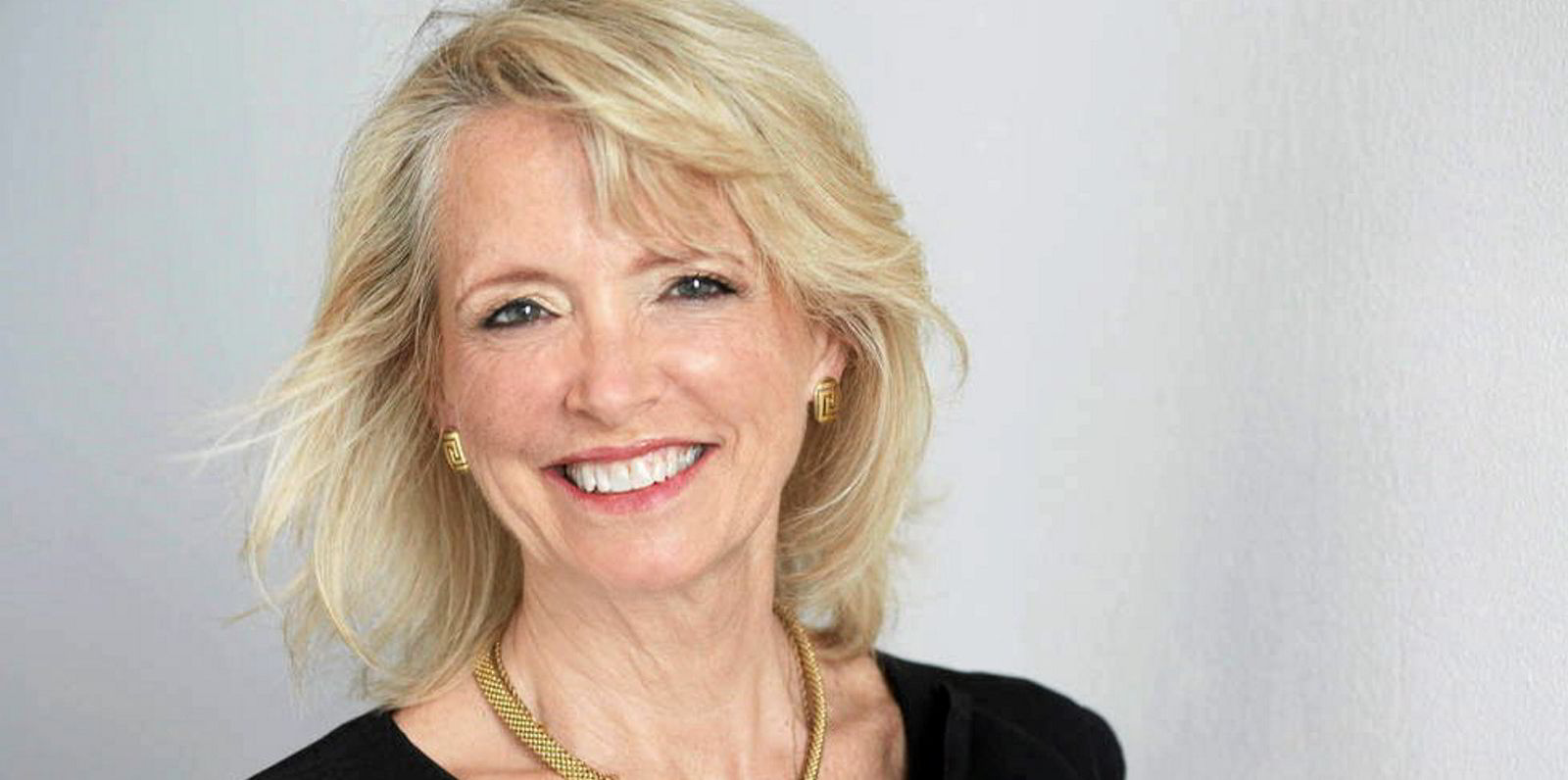While the rest of the world is vocalising its discontent about COP26 outcomes, the maritime industry witnessed an early holiday miracle.
Various groups — such as the International Chamber of Shipping (ICS) and Getting to Zero Coalition — had executed the early release of their views and demands for action heading into the summit.
However, the industry went to Glasgow still focused on the International Maritime Organization's 2018 proposal of achieving a 50% reduction of CO2 levels by 2050, with a promise of a strategy by 2023.
And that is where the holiday miracle was manifested: the overwhelming word of the week was "zero", with nary a mention of settling for a 50% reduction.
It was my pleasure to attend the Zero Emission Ship Technology Association ShipZERO workshop at the beginning of COP26.
While it was to be expected that the thrust of the conversation revolved around zero emissions, the event was startling in its presentation and discussion of how quickly the industry could achieve it.
Technologies, regulatory changes and financing were not considered barriers but enablers, with a pathway forward identified.

My next opportunity to witness our industry in its pivot to zero was the ICS Shaping the Future of Shipping event. Yes, LNG was brought forward as a transitional solution, and some of the speakers spoke to zero's challenges, but the mood and the thrust of the conversation was about zero — not the "if" but "how soon?"
Even more exciting was the sense in the room that the industry was working together to achieve beneficial change not only for itself, but for its customers and society at large. In the words of DNV's Knut Orbeck-Nilssen, "Collaboration is the fuel of the future."
Other outcomes that create optimism around change include the declarations that were produced at COP26.
Confidence

Having narrowly survived four years under the Trump administration's refusal to acknowledge climate change, it was a welcome relief to see the US joining in the Declaration on Zero Emission Shipping by 2050, the Clydebank Declaration for Green Shipping Corridors, the Glasgow Climate Pact, the Quad Decision, First Movers Coalition and more.
I am encouraged by these initiatives, as they will accelerate and motivate all. (Having said that, I recently bought a house on a remote island in Greece should the political pendulum here swing the other way!)
My confidence rests in the knowledge that shipping wants to do its part to reduce human impacts on the environment.
With the intention voiced at COP26, along with new information about the technological tools available, the regulatory will to create a level playing field and the financing available to make it all happen, we may see zero emissions in shipping by 2040.
Carleen Lyden Walker is executive director of the North American Marine Environment Protection Association and chief evolution officer of SHIPPINGInsight




